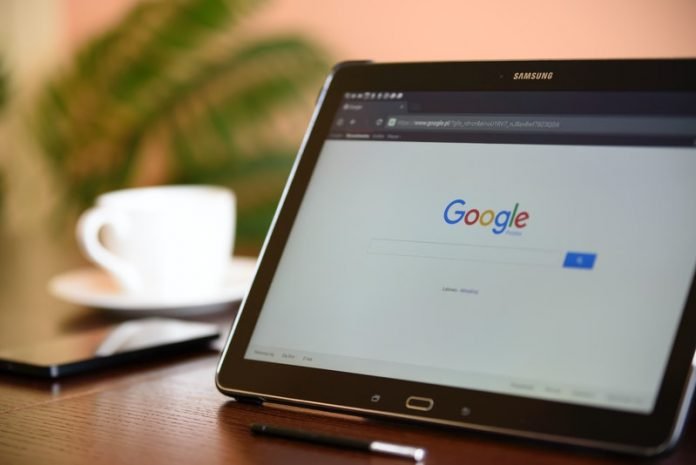
Many people turn to ‘Dr. Google’ to self-diagnose their health symptoms and seek medical advice,
But a new study found online symptom checkers are only accurate about a third of the time. The findings should give people pause for thought.
The research was conducted by a team at Edith Cowan University (ECU).
The study analyzed 36 international mobile and web-based symptom checkers and found they produced the correct diagnosis as the first result just 36% of the time, and within the top three results 52%of the time.
The research also found that the advice provided on when and where to seek health care was accurate 49% of the time.
It has been estimated that Google’s health-related searches amount to approximately 70,000 every minute. Close to 40%of Australians look for online health information to self-treat.
The team says while it may be tempting to use these tools to find out what may be causing your symptoms, most of the time they are unreliable at best and can be dangerous at worst.
Online symptom checkers ask users to list their symptoms before presenting possible diagnoses. Triage advice is about whether—or how quickly—the user should see a doctor or go to the hospital.
According to the team, online symptom checkers may be providing a false sense of security.
For people who lack health knowledge, they may think the advice they’re given is accurate or that their condition is not serious when it may be.
The research found that triage advice, that is when and where to seek healthcare, provides more accurate results than for diagnoses.
The team says sites are not a replacement for going to the doctor, but they can be useful in providing more information once people do have an official diagnosis.
The lead author of the study is ECU Masters student Michella Hill.
The study is published in the Medical Journal of Australia.
Copyright © 2020 Knowridge Science Report. All rights reserved.



